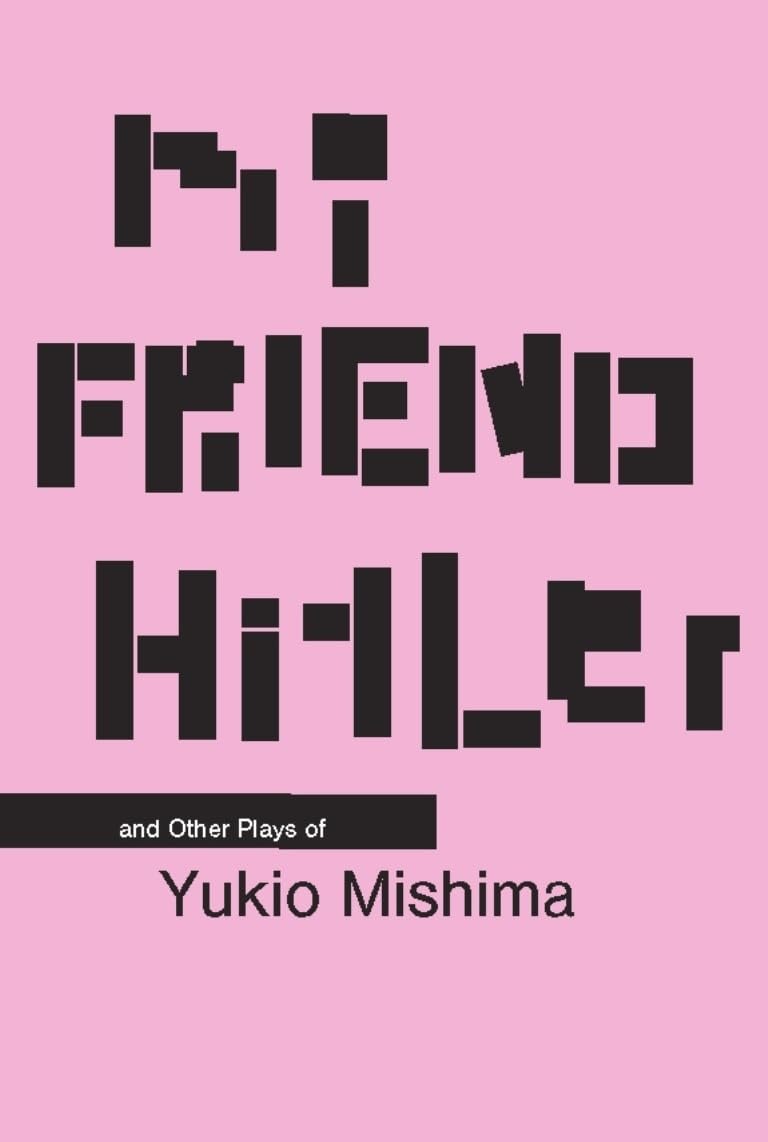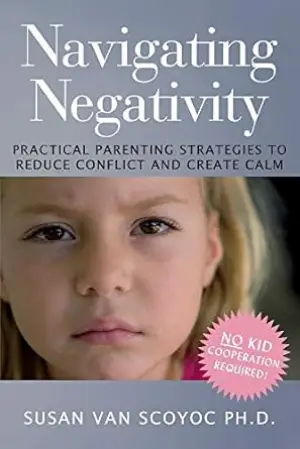A Dive into Yukio Mishima’s "My Friend Hitler": An Unexpected Delve into the Depths of Human Nature
When I first encountered Yukio Mishima’s My Friend Hitler, I was drawn in by the striking juxtaposition of one of modern history’s most infamous figures and the intimate, often introspective nature of Mishima’s work. As a prominent figure in Japanese literature, Mishima isn’t only known for his novels but also for his compelling plays. Reading this anthology felt like unearthing a hidden gem—one that invites us to examine our own perceptions of morality, friendship, and the convoluted fabric of human relationships.
Mishima’s anthology, translated insightfully by Hiroaki Sato, presents a collection of five major plays alongside three essays on dramaturgy. This rich tapestry of narratives discusses not just the characters and their predicaments but also what it means to be human in the face of unfathomable evil, as symbolized by the character of Hitler. The themes are both universal and deeply personal; they delve into the complexity of human desire, ambition, and the lengths to which one would go for connection—be it friendship, recognition, or even power.
One key aspect that struck me while reading was Mishima’s unique writing style. His prose has a lyrical quality that almost dances off the page, combining elements of classical Japanese theater with modern sensibilities. The pacing feels deliberate yet urgent, encapsulating the intense emotions experienced by his characters. The characters are multifaceted and often struggle with their own inner demons, reflecting Mishima’s belief that drama emanates from a primal urge—“more instinctive, closer to child’s play,” as he put it. This layered presentation adds depth to the characters, making us question our own moral choices.
Throughout the collection, several quotes resonated with me, particularly when Mishima wrote, “In every dark corner of human existence, a flicker of hope survives.” This sentiment captures the essence of his exploration of humanity. Reflecting on the incredibly dark life choices of his characters, I found myself confronted not just with the evil that resides in some hearts, but also with the potential for redemption and understanding that lies within us all.
The essays accompanying the plays provide rich context, shedding light on Mishima’s thoughts on the craft of playwriting itself. Sato’s translations, imbued with historical and personal insights, allow readers both familiar and unfamiliar with Mishima’s work to immerse themselves fully. It’s a fascinating bridge into Japanese theater and its nuances, expanding our understanding of cultural storytelling.
My Friend Hitler is not only for those intrigued by Mishima but also for those who appreciate deep character studies and historical dramas. It challenges us to reflect on our conceptions of friendship and loyalty in the context of profound moral ambiguity. In an era where discussions about humanity’s darker sides are more relevant than ever, this anthology serves as an essential reminder of the nuances of our choices.
Ultimately, reading this collection was both an enlightening and unsettling experience. It compelled me to explore the often-ambiguous intersections of morality and relationship, making it a thought-provoking journey that I believe will resonate with anyone willing to look beyond the surface. If you’re in search of a play anthology that will not only entertain but also challenge your perception of human nature, I wholeheartedly recommend diving into Life with Mishima’s intricate tapestry of stories.







